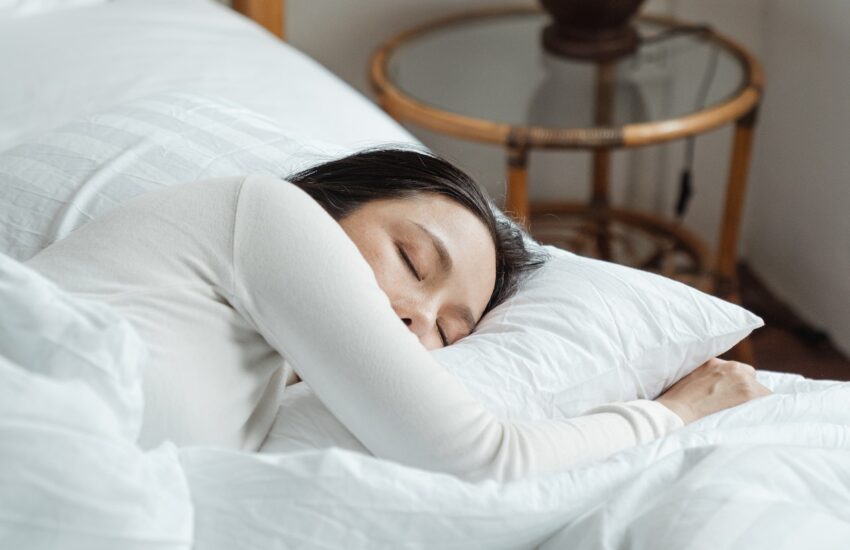Common Behavior Puts Women’s Brains In Major Danger

Women at risk… but they don’t know it.
I really haven’t been trying to fool my wife into believing that I need more sleep. In fact, I think she would agree that she functions much better than I do with less sleep. And honestly, she absolutely does. But after reading a recent Swedish study, I may be bringing home flowers with an apology for all that extra sleep.
Because as it turns out, it may just be that she didn’t know she wasn’t functioning as well as she thought.
We’re all familiar with that foggy brain feeling after a bad night’s sleep but the extent of the dysfunction might well be worse if you’re a woman. I’m sorry if that sounds sexist but it’s what the Swedish researchers found.
Led by Frida Rångtell, a Ph.D. student in the Department of Neuroscience at Uppsala University in Sweden, the researchers wanted to further explore how lack of sleep negatively affects our working memory and whether gender might also play a role. And surprisingly, they found that it did!
This small pilot study recruited twenty-four young adults to test their working memory, which is the ability to briefly hold information in our minds while at the same time using it to make decisions or perform tasks. There were an equal number of men and women, chosen for their comparable scores on age, BMI, chronotype, educational status and self-reported daytime sleepiness. Factors that had been shown to affect working memory performance. (Gonzales et al, 2010).
Participants were tested once after a well-rested night’s sleep and then again, following a sleepless all-nighter. They were asked to remember sequences of eight numbers and to rate themselves on their perceived performance after each of the sixteen trials. Both tests were conducted in the morning about a week apart.
Men’s working memory, they found, was relatively unaffected by a poor night’s sleep.
Women, however, scored much worse after a sleepless night but their self-ratings did not reflect this. They seemed unaware of their reduced cognition.
The researchers believe this may put women at higher risk for harmful accidents or mistakes after a bad night’s sleep.
“Our study suggests that particular attention should be paid to young women facing challenges in which they have to cope with both a high working memory load and a lack of sleep,” said Frida Rångtell, lead author of the study published in the Journal of Sleep Research.
The findings are intriguing, though more research is needed to address some of the study’s limitations. Researchers were unclear whether working memory would be affected throughout the day or whether other areas of mental function are impacted by gender.
And of course, it doesn’t necessarily mean that all men need less sleep. A bad night’s sleep affects all of us and chronic lack of sleep can have profound impacts on our physical health. Without adequate sleep, we put ourselves at risk for weight gain, poor heart health, blood sugar fluctuation, and shortened life span. Women might need to be especially vigilant since they may not recognize just how tired they are.
So, everyone, make sure you get enough sleep. And if you find car keys in the fridge, go get those flowers.
Talk soon,
Dr. Wiggy
www.HealthAsItOughtToBe.com


